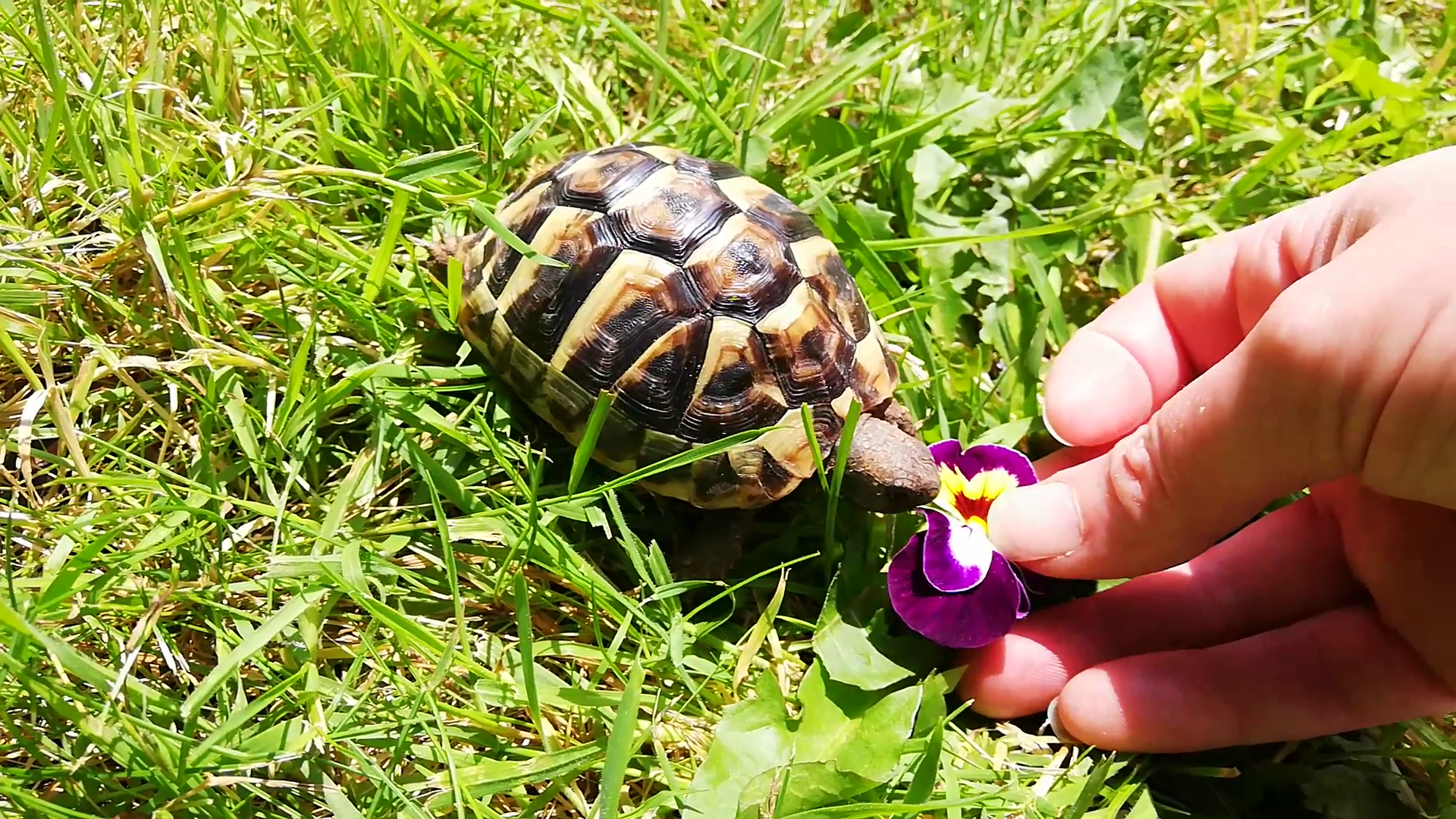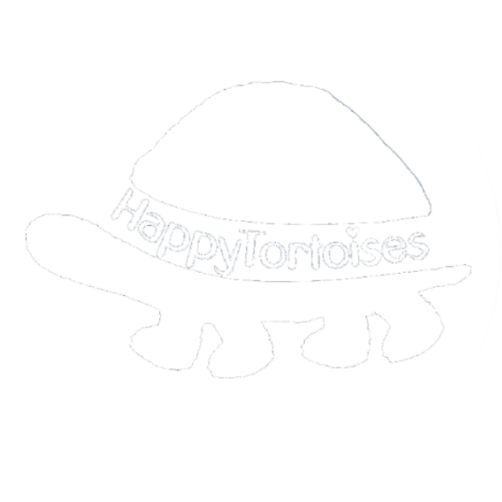
Hermann Tortoises
The hermann tortoise (Testudo Hermanni) is a small to medium-sized tortoise with a bold personality. It can be found in the wild in Southern Europe. They favour mediterranean meadows during the day in when searching for foods and at night they sleep in hollows protected by hedges or thick bushes.
These hermann tortoises are popular in the UK as they do well in our climate here. There are 3 main sub-species of Testudo Hermanni:
Testudo Hermanni Hermanni (western population) is found in eastern Spain, southern France, the Balearic islands, Corsica, Sardinia, Sicily, southern and central Italy (Tuscany).
Testudo Hermanni Boettgeri (eastern population) is found in Serbia, Kosovo, North Macedonia, Romania, Bulgaria, Albania, Turkey and Greece
Testudo Hermanni Hercegovinensis is found on the coast of Bosnia, Herzegovina, Croatia, and Montenegro.
The main differences between the sub-species are described below:
The western Hermann's tortoise (Testudo hermanni hermanni)
rarest of Hermann’s tortoises both in nature and captivity
smaller than other eastern sub-species
Females usually around 6", males usually around 4".
has more of a round or more domed body shape compared to the other subspecies
slender head
A bright yellow (or sometimes light grey-green) marking is usually seen underneath the eyes
has bright colours
background colour of the shell is a rich golden yellow to bright greenish yellow, bordered by jet black bars, bands or blotches usually covering more than 50% of the carapace
A well-defined keyhole symbol is seen on the 5th vertebral scute
skin colour is the same as the carapace's background colour but may be a light grey-green
On the plastron there are two jet black stripes that are well formed and continuous along the midline.
The eastern Hermann's tortoise (Testudo hermanni boettgeri)
more commonly found in nature and captivity
is larger compared to other sub-species
Females usually around 7-8", males usually around 7".
the body shape is flatter, broader, elongated rather than round
has a bulkier head with eyes higher up
no yellow or grey-green marking under the eyes
does not have a bright colours compared to the western sub-species
the background colour of the shell (carapace) is a brownish or yellowish colour. Less vibrant black (or dark brown) bars and blotches border it
skin tone is dark, tan, brown or grey
The underneath (plastron) aren't defined lines, instead are broken markings which can appear faded
The 5th vertebral scute usually lacks the keyhole symbol in adults
The Dalmatian tortoise (Testudo hermanni hercegovinensis)
more recently this has been discounted as a different subspecies are they are almost identical to eastern subspecies, other than a geographical variant
often referred to as the 'dalmation' tortoise
smaller compared to eastern subspecies
Females usually around 6", males usually around 5.5".
head is rounded and blunt
missing the marking under the eye
often there are yellow-green on the top of the head at the back
colours and markings are similar to eastern subspecies but more defined
plastron has stripes but are discontinuous
sometimes has thigh spurs
To escape the hot midday sun, Hermann tortoises return to their hiding places until late afternoon when the temperature has dropped so they can continue grazing.
In captivity, we need to offer as close to their natural diet as possible by offering them a mix of tortoise-safe weeds and flowers. Their health will suffer if incorrect foods are given and long term your tortoise could suffer irreversible health problems, sometimes even fatal. I sell specially prepared seed mixes for Hermann tortoises for you to grow the perfect blend of food for them.
I personally recommend against giving fruit to this species as it can lead to diarrhoea or gut problems. In captivity it is also advisable to offer an environment that is as close to their natural habitat as possible: from UVB, soil, humidity, hiding places, and plenty of space to name a few.
Hermann tortoises DO hibernate.
Please see my care sheet for more details on captive-raised hermann tortoises:
Adult Hermann Tortoise
Baby Hermann Tortoise



